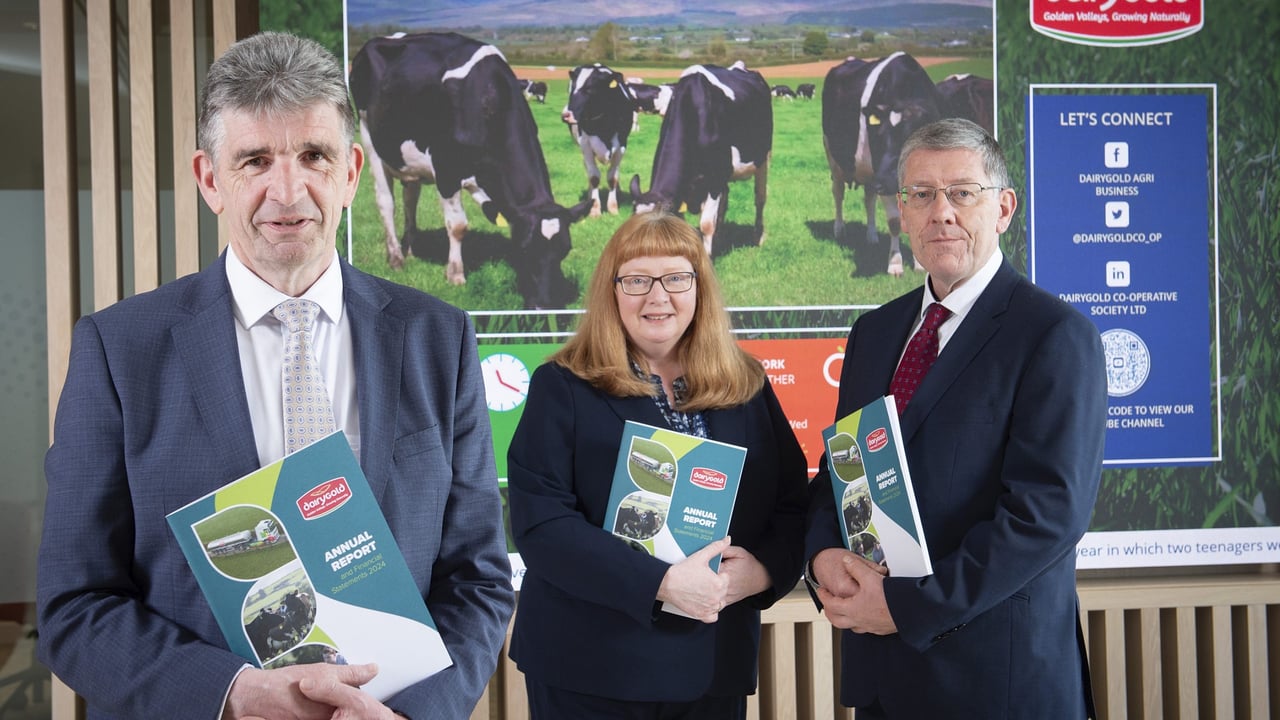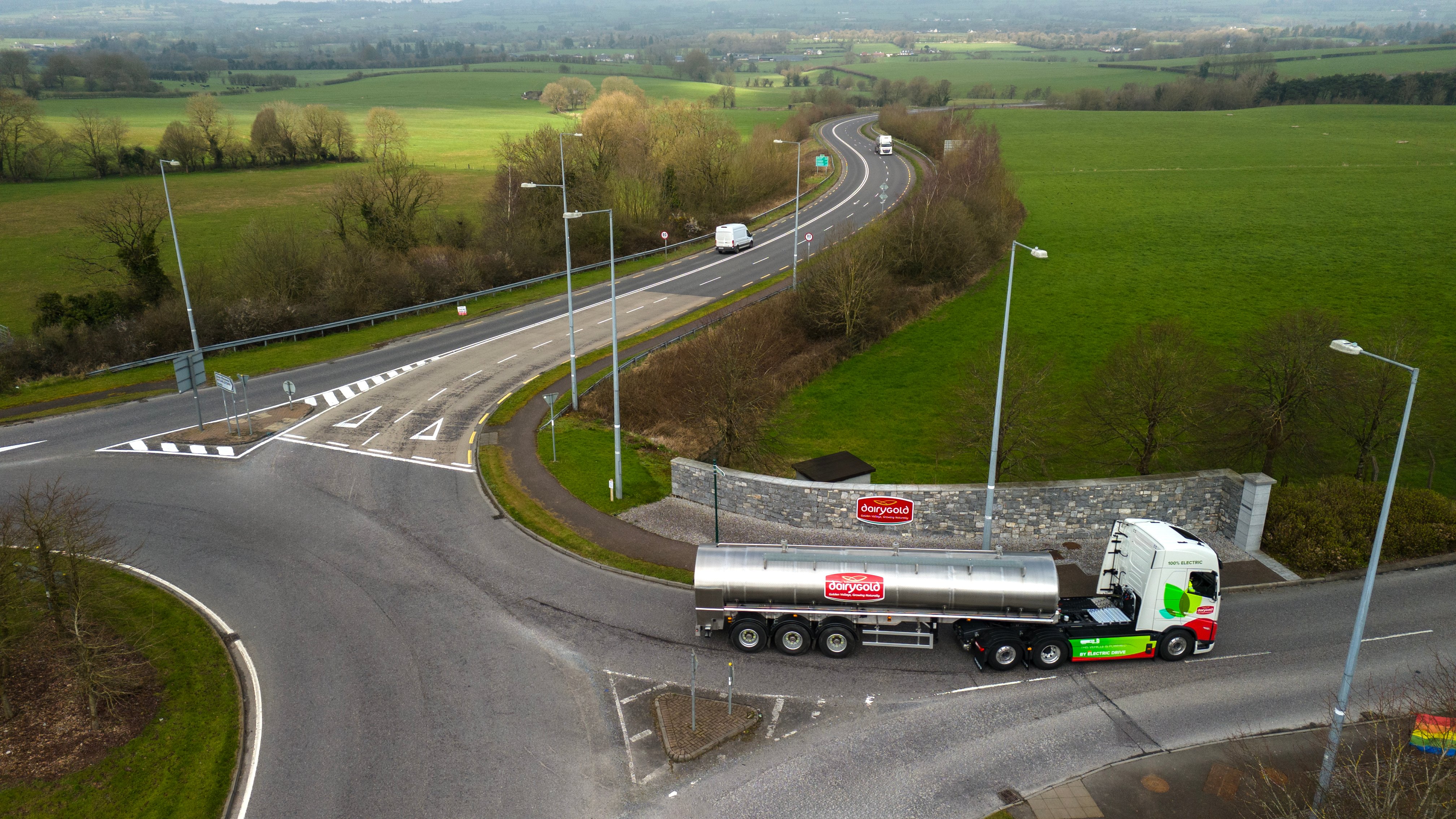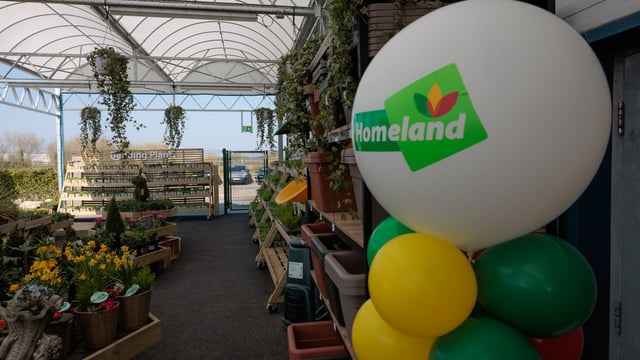Dairygold reports increase in turnover to €1.4 billion in 2024
Dairygold has today (Wednesday, April 9) reported a turnover of €1.4 billion for 2024, up €10.6 million on the previous year.
The Munster-based dairy co-op said the performance reflected increased dairy market returns, which were partially offset by a decrease in milk production and lower feed and fertiliser prices.
Earnings before interest, taxes, depreciation, and amortisation (EBITDA) stood at €65.4 million last year, up €10.4 million (18.9%) on the 2023 figure.
Dairygold said there were improved financial performances achieved by all of its businesses, including its subsidiary, Vita Actives Limited.
Operating profit increased by 55% or €13.2 million compared to 2023 to reach €37.1 million last year.
Profit after tax increased from €3.5 million in 2023 to €13.5 million last year.
| Indicator | Amount | Change from 2023 |
|---|---|---|
| Turnover | €1.4 billion | 0.8% (€10.6 million) |
| EBITDA | €65.4 million | 18.9% (€10.4 million) |
| Operating profit | €37.1 million | 55.2% (€13.2 million) |
| Net asset value | €466.7 million | 1.7% (€7.7 million) |
| Net debt | €157.3 million | 8.9% (€12.8 million) |
The co-op's year-end net bank debt was €157.3 million, an increase of €12.8 million (8.9%) on 2023.
This was after investment in capital expenditure of €48.9 million (net of grants) and making the final payment of €13.1 million for 59% of the share capital of Vita Actives Limited.
Dairygold said that "overall net bank debt levels remain at a very manageable level".
In its financial results, Dairygold said that it delivered "a strong financial performance in 2024, paying a reasonably competitive milk price and a strong grain price, despite facing a challenging environment".
The processor pointed to the adverse weather conditions in the first half of 2024 resulting in reduced milk volumes and difficult conditions for crop establishment.
The Dairygold quoted milk price for 2024 of 44.9c/L, including quality bonuses, Grassroots sustainability payment, and VAT, was an increase of 6.5c/L paid out in 2023.
This equates to a paid price of 52.1c/L based on the average constituents received of 3.6% protein and 4.39% butterfat.
Last year, Dairygold collected and processed 1.38 billion litres of milk from suppliers, which is a decrease of 2.1% year-on-year.
The results of the Dairygold milk supplier census confirmed a stabilising of milk production volumes at 1.4 billion litres for the catchment area over the next six years.
The census also confirmed that the greatest risk to milk supply is the nitrates derogation.
Dairy Ireland’s turnover in 2024 was €826 million, (58% of total turnover), an increase of €31 million on 2023, primarily reflecting a year-on-year increase in market returns.
According to Dairygold, a drop in birth rates in China led to a reduction in demand for infant formula products.
Dairygold’s demineralised whey, a key ingredient in this sector, faced a market with oversupply issues due to the reduced demand, which in turn impacted milk price.
"Dairygold’s milk price position was impacted, primarily as a result of reduced demineralised whey returns, and lower than expected milk supply.
"The 2024 performance was influenced by the stronger market returns, a higher milk price and lower energy costs.
"In addition, the product mix was amended and maximised, to reflect the lower milk volumes during the year," Dairygold said.
The new casein plant was fully commissioned in early 2025, which "secures the future of Dairy Ireland’s highest returning product, rennet casein, while providing Dairygold with the capability to further improve overall product mix".
Dairygold’s businesses in the UK and Germany both delivered turnover of €218 million last year, €3 million higher than 2023, reflecting increased sales volumes.
Both businesses provide strategically important routes to market for Dairygold’s cheese.
Dairygold Health and Nutrition continued the growth and integration of the Vita Actives business throughout 2024, achieving turnover of €42 million.
Dairygold Agri Business turnover stood at €305 million, €20 million lower than 2023.
While Agri Operations declined by €19 million due to reductions in sales prices, it was partially offset by an increase in sales volumes and Agri Retail turnover decreasing by €1 million.
The retail business once again exceeded €100 million in revenue in 2024.
Feed demand was high throughout the year and overall sales of feed and fertiliser were ahead of 2023, by 14% and 18% respectively.
Grain growers delivered over 100,000 tonnes of grain and beans to Dairygold, despite the challenging weather conditions.
"Dairygold paid strong prices for grain, while Dairygold continues to promote the use of native Irish cereals and beans in our range of feeds," the co-op said.
In March 2025, the board of Dairygold approved the implementation of a "Business Optimisation Programme", which in conjunction with 2025 budget initiatives, will target €14 million in cost savings over a three-year period, 2025 to 2027.
The programme followed a comprehensive review, initiated in November 2024, to identify the measures to structure the business for "optimum efficiency, cost competitiveness, margin enhancement and future growth".
Dairygold said that the protection of the nitrates derogation remains its "top priority" and the co-op continues "to advocate for its retention at the highest levels".
Dairygold chief executive Michael Harte said that the co-op's "near-term business focus will be on optimising business efficiency, maximising the commercial return and leveraging the growing global health and nutrition sector".
"Our dairy processing facilities are some of the best in the world and will benefit the business and our milk suppliers well into the future," he said.
Dairygold chair Pat Clancy added that the co-op has taken a proactive but pragmatic approach to delivering sustainability measures.
"Our farm engagement efforts now focusing more on demonstrating how these measures can deliver cost efficiencies at farm level.
"The slowdown in milk production expansion has highlighted the importance of our milk pool, to the overall performance of the business.
"At a political and regulatory level, we have prioritised the retention of the nitrates derogation, to ensure the retention of current milk volumes, while at farm level, following our 2024 Milk Census we will also prioritise measures to address on farm succession planning, generation renewal and economic viability," he said.






